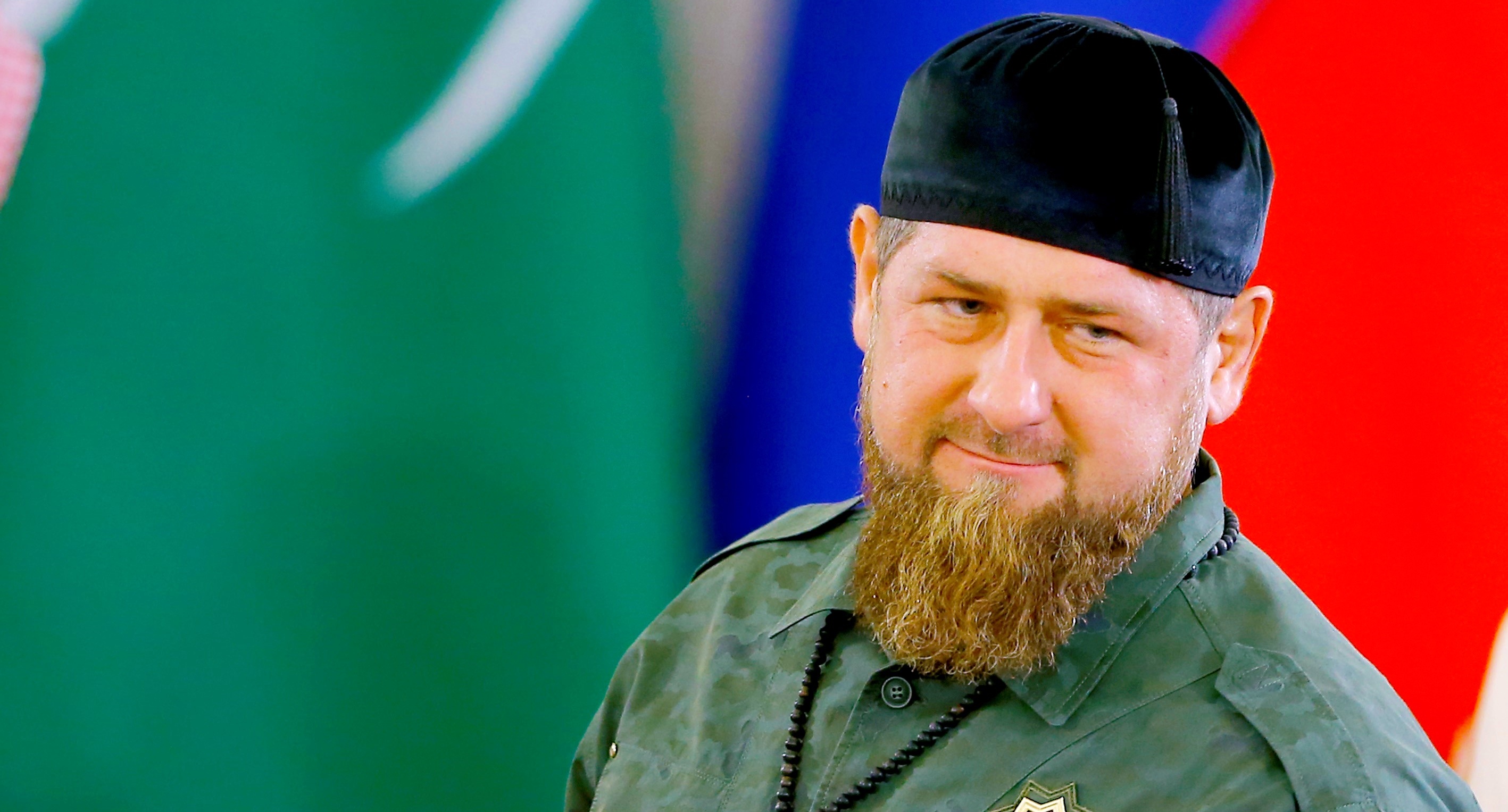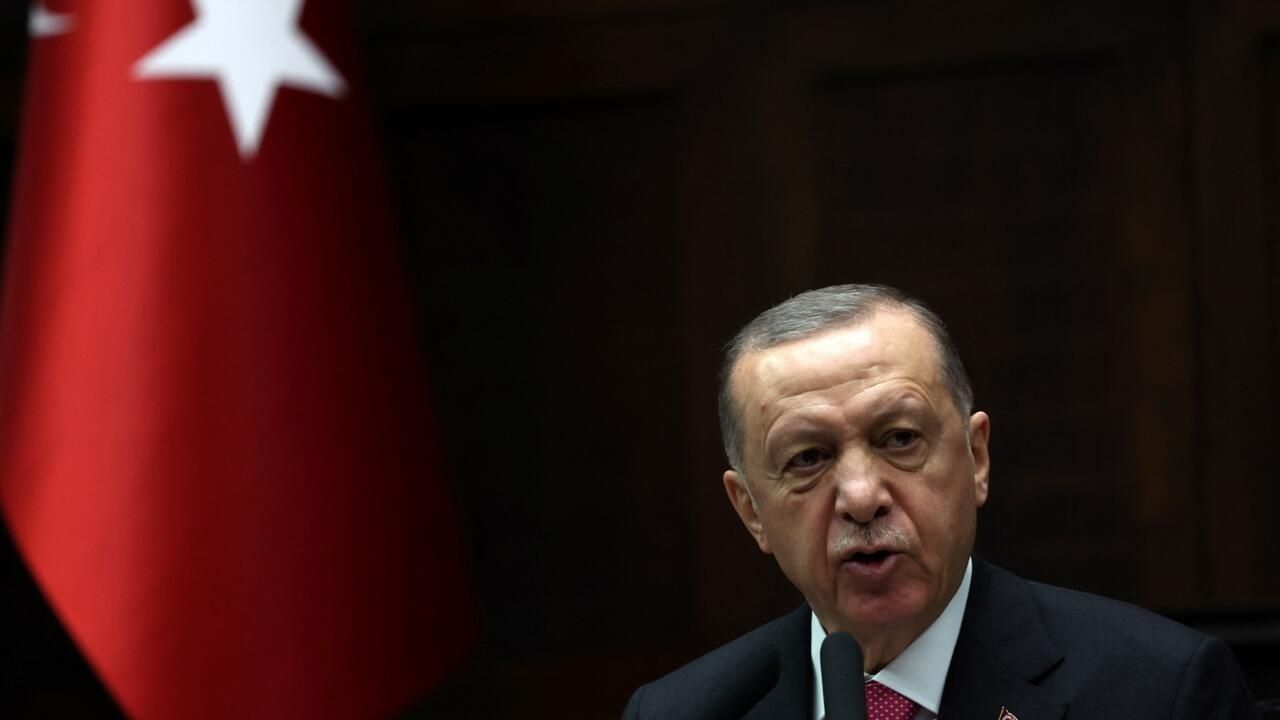Turkey's leader plays a pivotal role in shaping the nation's political landscape, both domestically and internationally. As one of the most strategically important countries in the world, Turkey's leadership has significant implications for global politics, economics, and security. Understanding who leads Turkey and their policies is crucial for anyone interested in international relations or current affairs.
Turkey, a nation that bridges Europe and Asia, is a country with a rich history and a complex political system. The role of Turkey's leader is not only about governing a nation of over 85 million people but also navigating delicate relationships with neighboring countries, the European Union, NATO, and other global powers. In this article, we will delve into the life, career, and policies of Turkey's current leader, exploring how they have shaped the country's trajectory.
Whether you are a student of political science, a business professional seeking to understand Turkey's economic policies, or simply someone curious about global leadership, this article will provide valuable insights into who Turkey's leader is and what their leadership means for the future. Let's begin by examining the current leader's background and journey to power.
Read also:Legal Drinking Age In Austria A Comprehensive Guide
Table of Contents
- Biography of Turkey's Leader
- Political Career
- Key Policies and Reforms
- Domestic Impact of Leadership
- International Relations
- Economic Strategy and Vision
- Challenges Faced by Turkey's Leader
- Future Direction of Turkey's Leadership
- Public Perception and Legacy
- Conclusion
Biography of Turkey's Leader
Early Life and Education
Turkey's current leader, Recep Tayyip Erdoğan, was born on February 26, 1954, in the Istanbul district of Kasımpaşa. Growing up in a modest family, Erdoğan developed a strong work ethic from an early age. He pursued his education in religious schools, eventually earning a degree in business administration from Marmara University. This combination of religious and secular education laid the foundation for his unique political perspective.
Political Awakening
Erdoğan's political journey began in the 1970s when he became involved with the National Salvation Party, a conservative political party in Turkey. Over the years, he rose through the ranks, gaining experience and building a reputation as a charismatic and effective leader. His early career was marked by a commitment to social justice and economic development, themes that would define his later leadership style.
Political Career
Recep Tayyip Erdoğan's political career spans several decades, during which he has held various positions of increasing responsibility. Starting as the mayor of Istanbul in the 1990s, Erdoğan implemented numerous infrastructure projects and earned a reputation for efficiency and transparency. This success propelled him onto the national stage, where he co-founded the Justice and Development Party (AKP) in 2001.
Rise to Power
- 2003: Erdoğan becomes Prime Minister of Turkey after the AKP wins a majority in the national elections.
- 2014: Elected as President of Turkey, marking a shift towards a more centralized leadership model.
- 2018: Re-elected as President under a new constitutional framework that grants expanded executive powers.
Key Policies and Reforms
Under Erdoğan's leadership, Turkey has undergone significant changes in various sectors. His administration has focused on infrastructure development, education reform, and social welfare programs. Additionally, Erdoğan has pursued an ambitious foreign policy agenda aimed at enhancing Turkey's influence in the region and beyond.
Infrastructure Development
One of the hallmarks of Erdoğan's leadership has been the construction of major infrastructure projects, including airports, highways, and bridges. These projects have not only improved connectivity within Turkey but have also positioned the country as a regional transportation hub.
Domestic Impact of Leadership
Turkey's leader has had a profound impact on the country's domestic landscape. From economic policies to social reforms, Erdoğan's administration has implemented measures that have both positive and negative effects on the Turkish population.
Read also:Emagine Theater Saline Michigan Your Ultimate Movie Destination
Social Reforms
Erdoğan's government has introduced several social reforms aimed at improving the quality of life for Turkish citizens. These include healthcare initiatives, housing programs, and efforts to reduce poverty. However, these reforms have also sparked debates about their long-term sustainability and potential social consequences.
International Relations
Turkey's leader plays a crucial role in shaping the country's foreign policy. Under Erdoğan's guidance, Turkey has pursued an active and sometimes controversial foreign policy, engaging with both allies and adversaries in the international community.
Regional Influence
Turkey has become a key player in regional politics, particularly in the Middle East and the Balkans. Erdoğan's administration has sought to strengthen ties with neighboring countries while also asserting Turkey's independence on the global stage.
Economic Strategy and Vision
Erdoğan's economic policies have been a central focus of his leadership. With a vision of transforming Turkey into one of the world's leading economies, his administration has implemented various strategies to promote growth and development.
Challenges in Economic Management
Despite successes, Turkey's economy faces challenges such as inflation, currency volatility, and external debt. Erdoğan's approach to managing these issues has been the subject of much debate, with critics arguing for more structural reforms and proponents praising his commitment to economic sovereignty.
Challenges Faced by Turkey's Leader
Leading a nation as diverse and complex as Turkey is no easy task. Erdoğan's leadership has been tested by a range of challenges, including political opposition, economic difficulties, and security threats.
Security Concerns
One of the most pressing challenges for Turkey's leader is ensuring national security. From countering terrorism to managing relations with neighboring countries, Erdoğan's administration has had to navigate a complex and often volatile regional environment.
Future Direction of Turkey's Leadership
As Turkey continues to evolve, the direction of its leadership will play a critical role in shaping its future. Erdoğan's vision for the country includes continued economic growth, social development, and enhanced international influence.
Potential Reforms
Looking ahead, Turkey's leader may focus on implementing further reforms to address existing challenges and capitalize on emerging opportunities. These reforms could include changes to the political system, economic policies, and social programs.
Public Perception and Legacy
Turkey's leader is viewed differently by various segments of the population. While some see Erdoğan as a transformative figure who has brought prosperity and stability to the country, others criticize his leadership style and policies.
Legacy of Leadership
Erdoğan's legacy will ultimately be defined by the impact of his policies and decisions on Turkey's future. As the nation continues to develop and adapt to changing global dynamics, the role of its leader will remain central to its progress and success.
Conclusion
In conclusion, understanding who Turkey's leader is and the impact of their leadership is essential for anyone interested in global affairs. Recep Tayyip Erdoğan's journey from a young politician to one of the most influential leaders in the world highlights the complexities and challenges of governing a nation like Turkey.
We encourage readers to share their thoughts and insights in the comments section below. Additionally, feel free to explore other articles on our site for more information on global leadership and current affairs. Together, let's continue the conversation about the future of Turkey and its leadership.
Data Sources: The information in this article is based on reports from reputable sources such as The New York Times, BBC, and Reuters, as well as official statements from the Turkish government.



